

Matt Campbell
2025 Porsche 911 Carrera T review
5 Days Ago
As PM Albanese announces 43 per cent emissions cut target, the FCAI says 'you give us the target, and we will give you the technology to get there'.

Senior Contributor
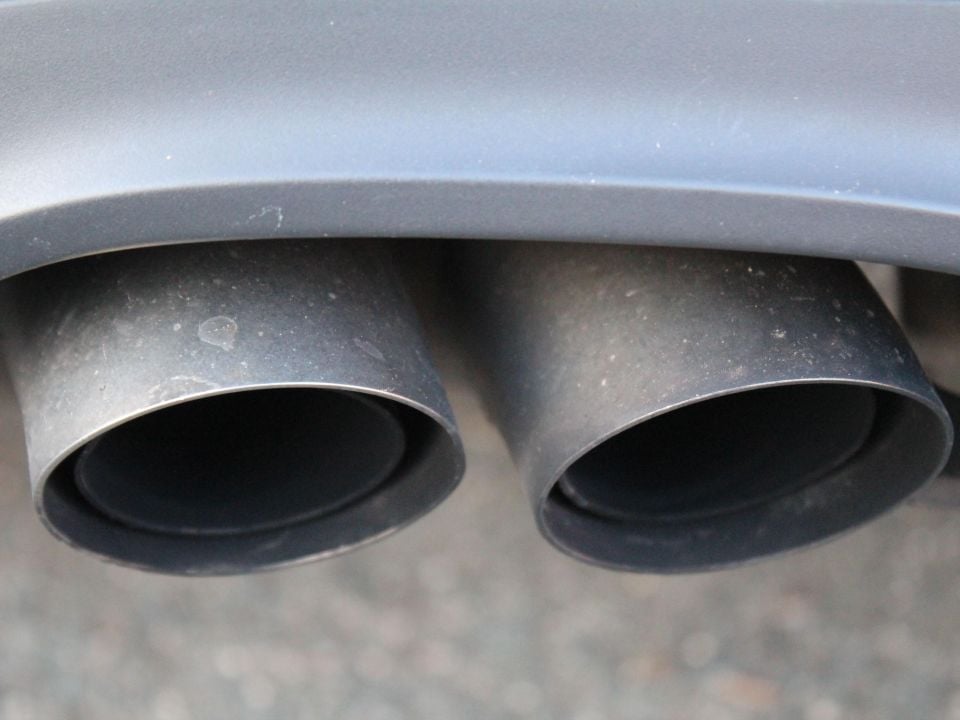

Senior Contributor
Australia’s new vehicle lobby welcomed the federal Labor Government’s tougher emissions reduction target – now 43 per cent by 2030 – but wants it to go harder in enforcing CO2 cuts specific to the light vehicle sector.
As it has done previously, the Federal Chamber of Automotive Industries (FCAI) has called in no uncertain terms for a binding, mandated federal emissions reduction scheme like Europe’s, with only the context changing.
Such a scheme would require each carmakers’ average per-vehicle emissions figure come under an agreed – and progressively-tightening – cap, backed up by fines for a failure to meet the target.
Australia has a drastic shortfall of low-emissions vehicles relative to demand, as wait lists almost across the board show. Such a policy, it says, would give each car company’s Australian sales division more ammunition to agitate for greater supply of low-emission electric vehicles.
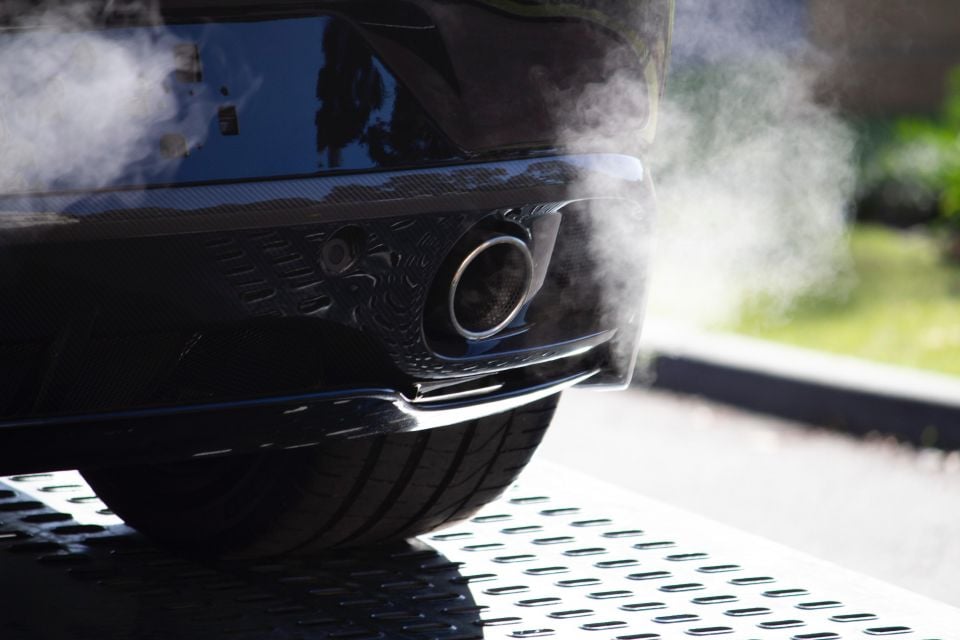
The argument states that car brands preference regions where they skirt fines when it comes to EV allocation, leaving markets like Australia offering fewer financial ‘sticks’ with the dregs. The phrase “dumping ground” has been bandied about before…
As Volkswagen Group Australia chief Paul Sansom told CarExpert recently; “if we don’t have that legislation in the market, then they’re going to prioritise the markets that have got [an emissions reduction scheme specific to cars], to avoid very significant fines. It changes the game completely, it really does”.
The sense from several car industry insiders this writer has spoken to is that the Albanese-led Government will likely introduce such a scheme given its mood, although right now there are bigger fish to fry.
FCAI chief executive Tony Weber said Australia’s light vehicle sector, which accounts for around 10 per cent of transport emissions, needed a CO2 policy in line with global standards that also “takes into account the nuances of the Australian consumer’s needs”.

“We know that automotive manufacturers around the world respond to strong policy signals when allocating their limited supply of zero and low emission technologies. A technology neutral emissions reduction target for vehicles is the signal Australia needs to send,” Mr Weber said.
In response to the lack of a federally-mandated target, Australia’s automotive industry established its own voluntary CO2 reduction scheme in 2020. This has no real teeth, so serves two purposes: public relations, and to be a policy template for any receptive government.
“Our members recognise the need to combat climate change. In the absence of federal leadership in 2020 we established our own voluntary scheme that sends a message to manufacturers’ head offices that Australian motorists want the best low emission technologies,” Mr Weber added.
“Now is the time for the new Albanese Government to work with our members to mandate this scheme in order to get these new low emission technologies to Australia.
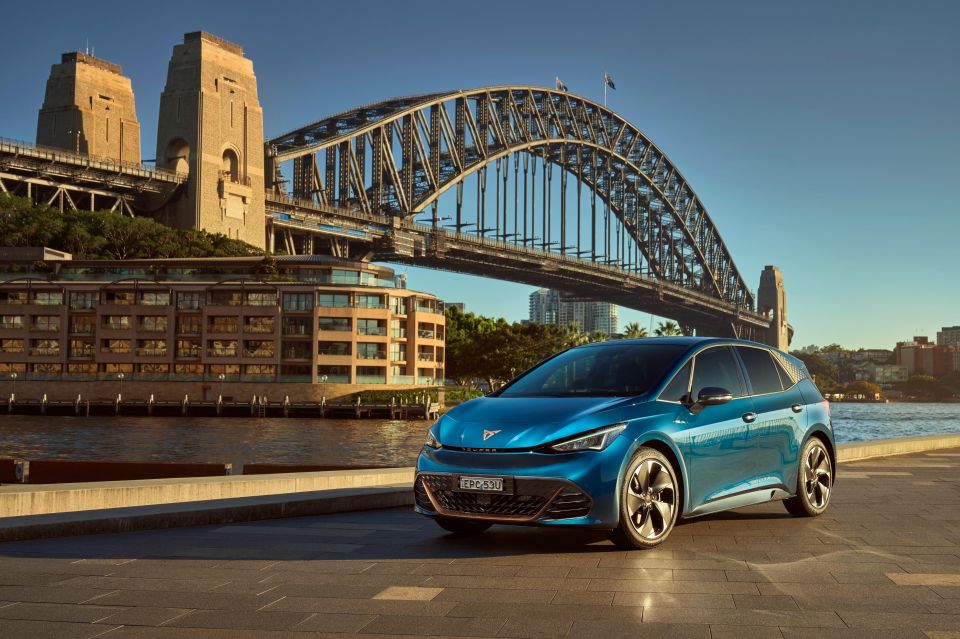
“Any reduction target must be broad based and focused on reducing CO2 not picking certain technologies over others. Our zero emissions future is ultimately full electrification. Our short and medium term journey will require a mix of hybrid, plug in hybrid, battery electric, hydrogen and efficient internal combustion to meet the varying needs of Australian motorists.
“Our message to Government is simple. You give us the target, and we will give you the technology to get there.”
Prime Minister Albanese announced a more ambitious 43 per cent emissions reduction target last week, explaining in a press conference that:
“We announced last December what our policy framework would be. At that time, we released the most comprehensive modelling of any policy by any opposition since Federation.
“What we didn’t do was set a target and then work out how to get there. What we did was work out what good policy looked like, and it happened to come out with a 43 per cent target by 2030.
“What businesses have been crying out for is investment certainty. The certainty they need to invest over a longer timeframe than the political cycle of three years, let alone the cycle that dominated the former Government’s thinking, the 24-hour media cycle.”
MORE: Car brands want PM Albanese to legislate CO2 reduction scheme


Matt Campbell
5 Days Ago


James Wong
4 Days Ago


Max Davies
3 Days Ago
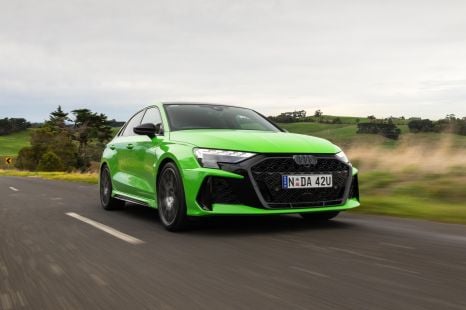

Josh Nevett
2 Days Ago
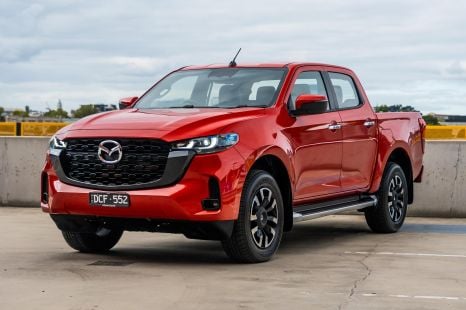

Josh Nevett
1 Day Ago
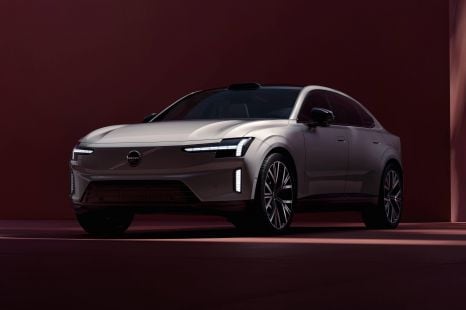

William Stopford
18 Hours Ago